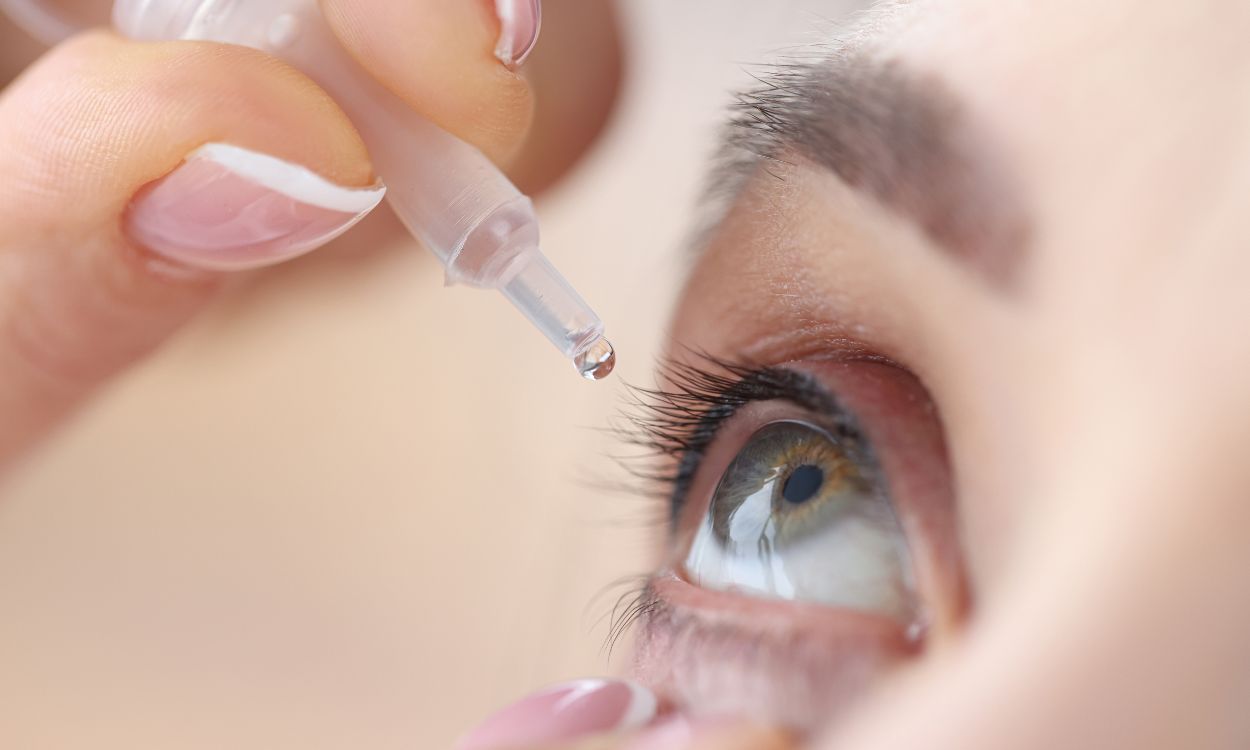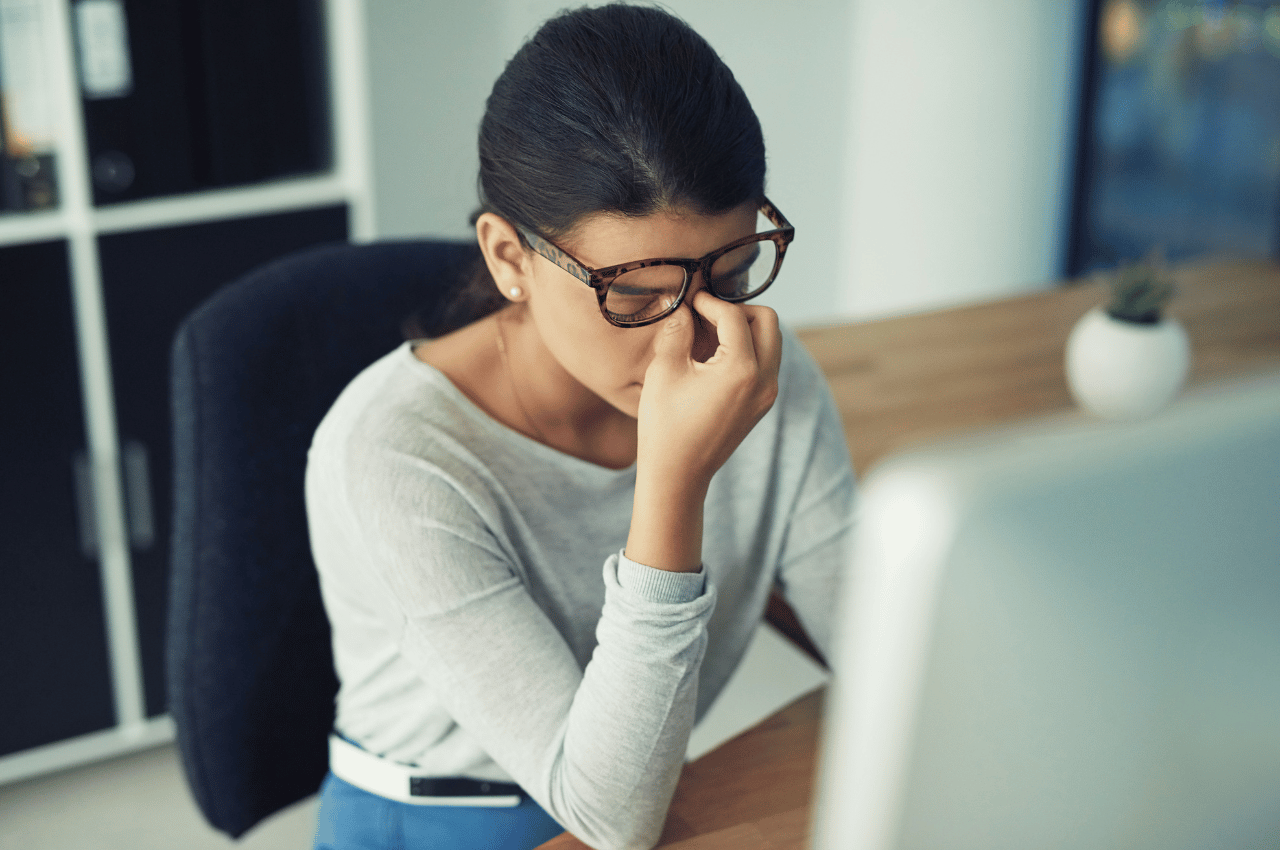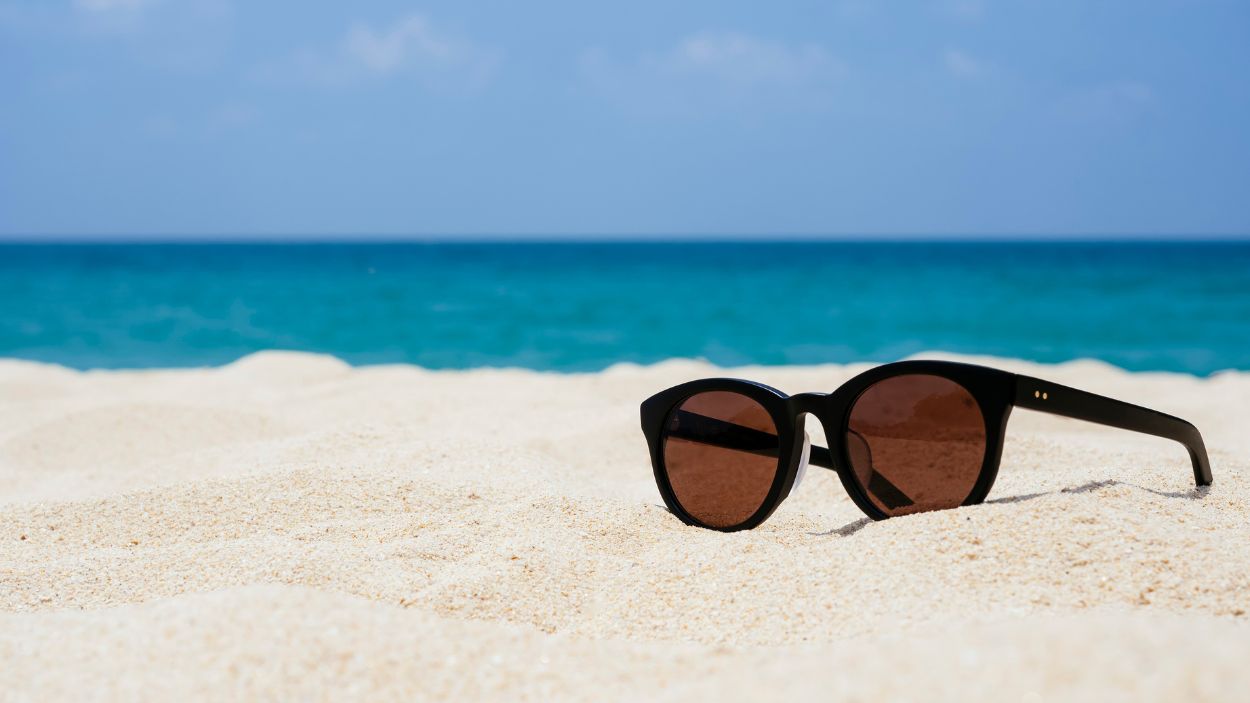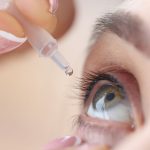
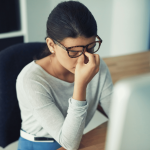

The use of electronic devices has become a constant in our lives. Computers, mobile phones and tablets They accompany us for much of the day, both in the workplace and in our leisure time. This omnipresence has raised questions about the effects of prolonged screen use on our eye health. Is it harmful to our eyes? What measures can we take to protect them?
Eye health is a constant concern and, as a result, several studies have been built on this topic. many mythssuch as that blue light from devices damages our eyes or that eating carrots improves vision. Legends of popular wisdom that are not supported by science and that can distract us from the certainties that have been proven and that can help us protect our eyes.
Blue light: ally or enemy?
Blue light is a fundamental part of the visible light spectrum, present in both sunlight and artificial sources, such as LED bulbs and the screens of our electronic devices. It is often associated with negative effects on vision, but it is important demystify this idea.
“A few years ago a series of studies emerged that claimed to have found a relationship between blue light and the appearance of damage to retinal photoreceptors, which generated social alarm,” the doctor explains. Ana Isabel Pastor Vivas, associate head of the Ophthalmology Service of the King Juan Carlos University Hospital, integrated into the Madrid public health network (SERMAS). “National and international ophthalmological societies analyzed these studies and unanimously declared that there was no scientific evidence that blue light from electronic devices can cause damage to our retina,” he clarifies.
This myth, continually aired by “marketing campaigns associated with the sale of filters that block blue light”, They end up blurring, for example, the problems that are real. What a relationship has been found is how the light from devices can affect our sleep cycles when we are exposed to it at inappropriate times.
The impact on sleep: why is it so hard to disconnect?
One of the main negative effects of prolonged exposure to blue light from screens is its impact on the sleep cycle. “Exposure to blue light can influence the metabolic process of melatonin secretion, known as the sleep hormone. Excessive exposure to blue light during the hours before falling asleep can cause sleep alterations and disorders,” says the doctor.
“The 20-20-20 rule is to rest your eyes every 20 minutes, pausing for 20 seconds and looking six meters away (about 20 feet).”
“The solution to this problem seems obvious, although sometimes it is difficult to comply, to keep the devices out of the bedroom and the routine associated with sleeping, insists Dr. Pastor. To avoid these alterations, it is recommended to minimize the use of screens at least one hour before going to bed. Instead of using cell phones or tablets in bed, it is preferable to create a relaxing environment that prepares the body to rest.
Digital eye strain: the real enemy
While blue light does not pose a direct threat to our retina, prolonged use of screens can lead to what is known as “digital eye strain.” “In general, We should blink between 15 and 20 times per minute. This allows not only to clean the surface of the eye, but also to keep it hydrated. However, when screens are used, natural blinking can decrease to almost half and with this symptoms such as itching, stinging, redness and eye fatigue appear,” warns the doctor from the Mostoleño hospital.
To combat eye strain, experts recommend following the 20-20-20 rule: Every 20 minutes, pause for 20 seconds and look at something about 20 feet (6 meters) away. In addition, it is important to keep your eyes hydrated by using artificial tears, and ensure that the glasses used have adequate optical correction.
Visual ergonomics and eye health
The proper posture and distance When using electronic devices they also play a crucial role in protecting your eyesight. The recommended distance between your eyes and the screen is approximately the same as the distance between your elbow and your fingers. Likewise, good visual ergonomics involves sitting with your back supported and your feet on the floor.
“The powers of carrots for the eyes are a myth that was invented during World War II to deceive German aviation”
“Reflections that can be annoying should be avoided, as long as we can work with natural light,” explains Dr. Pastor. “If working with artificial light, the ideal is for it to cover a large and stable surface and to proceed from above and from the side opposite the skilled hand of the person who is working,” says the expert.
Myopia in childhood: fewer screens, more outdoors
The concern for effects of excessive screen use It doesn’t just affect adults. In recent years, the prevalence of myopia in children has increased considerably, especially in developed countries, where minors spend less time outdoors. Prolonged exposure to electronic devices, combined with a lack of natural light, has been linked to an increased risk of developing myopia at younger ages.
He time outdoors has a protective effect on children’s vision, since natural light stimulates the production of dopamine in the retina, which prevents longitudinal growth of the eye, a key factor in the development of myopia. “Research shows that children who spend less time outdoors are at greater risk of developing myopia at an earlier age. What is recommended is that children spend at least 15 hours a week outdoors, which corresponds to something more than 2 hours a day. In short, fewer screens and more parks for good visual health of our children’s population,” explains associate head of the Ophthalmology Service at the Rey Juan Carlos University Hospital.
Demystifying eye health: blue light, glasses and carrots
Visual health is a field surrounded by myths. One of the most common is the belief that prolonged use of glasses accelerates vision deterioration in conditions such as presbyopia. However, this process is natural and occurs regardless of whether glasses are used or not. As we age, our ability to focus on close objects decreases, making the appearance of eye strain inevitable.
Maintaining a balanced diet rich in fruits and vegetables is key to having good visual health, but the diet should not be based on carrots. Its “powers” to improve eyesight more than other vitamin A vegetables is based on a myth created in World War II. “The greatest threat to Britain was the night raids of German aircraft. The British Air Force was able to successfully repel them on dark and foggy nights thanks to the use of radar. The English justified it by making the Germans believe that it was due to an intense consumption of carrots. The story was invented by the former Ministry of Food from the United Kingdom to cover up the radar stations used to detect night attacks by the Germans,” the doctor explains.
